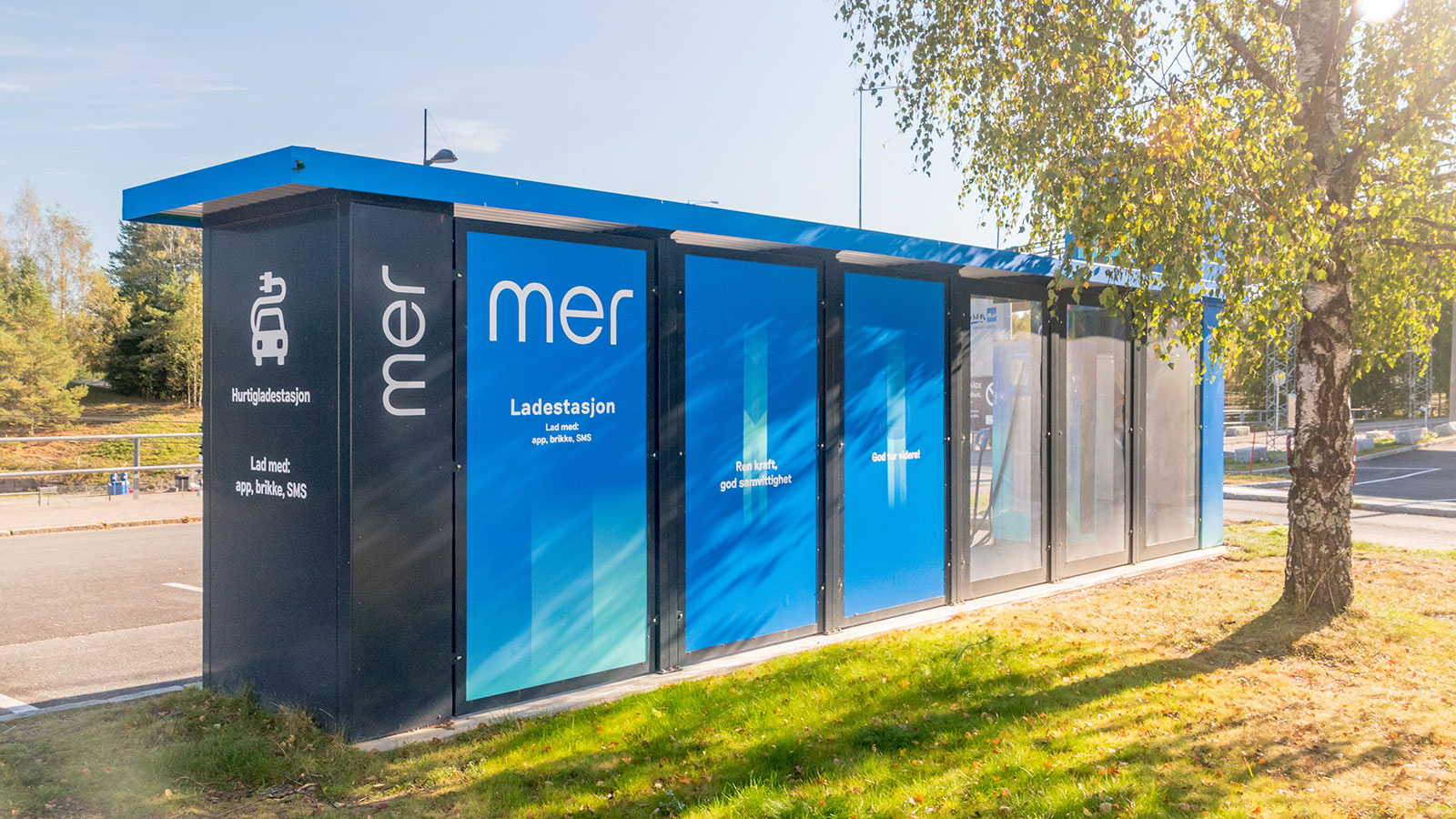The UK needs to go faster and further in upgrading the country’s electrical infrastructure. That’s according to a new report, co-authored by Chris Skidmore, former Energy Minister, and Dan McGrail, Chief Executive of RenewableUK, and released by the Mission Zero Coalition.
The report, titled “At a Crossroads – Pathway to a Net Zero Future,” was released to celebrate the fifth anniversary of the UK’s legal commitment to net zero, and is designed to offer a vision for the future of the UK’s net zero economy.
It advocates for an enhanced and democratic planning consent process, stressing the need for quality applications and community involvement. It also recommends the strategic placement of wind and solar farms alongside battery storage to manage the variability of renewable sources and balance the supply and demand of electricity at minimal cost to consumers.
While some have called for the UK to be radical in its approach to net zero, the report from the Mission Zero Coalition cautions against radical energy market reforms, suggesting a gradual approach to preserve investor confidence. It calls for discussions on how to modernise the Contracts for Difference scheme to ensure a consistent deployment of renewables.
Highlighting the workforce challenge, the report references National Grid statistics, indicating that over 400,000 specialised workers, including in electrical engineering and manufacturing for offshore wind, will be needed by 2050.
Digital technology’s role in enhancing grid reliability through better integration of renewable power is also emphasised. The formation of a task force to improve data sharing within the energy system is recommended to support this integration.
Dan McGrail, RenewableUK CEO, commented, “We hope that the next government will use the detailed recommendations set out in this report as a blueprint to enable the UK to stay on track to reach net zero. Ofgem estimates a net zero grid would deliver £10 billion of savings for consumers by 2050, so the imperative to build a grid that’s fit for purpose to make the most of renewables is as important for bill payers and our energy security as it is for the planet. As the report states, the longer we wait to decarbonise, the more bill payers lose out”.
The Mission Zero Coalition arrived at its recommendations after holding eleven workshops involving a wide range of companies and stakeholders in the energy sector from all over the country, who are supporting the conclusions of the report.
Maria Balermpa, Actuate UK’s Operations and Communications Manager, added, “The report captures all the elements that need to be in place to achieve a net zero future – the technology, planning, finance and particularly skilled people in all parts of supply chain; the people who will design, make, install and deliver change. An essential report for any future Government”.
Economic opportunities of net zero
Chris Skidmore, who was Energy Minister under Theresa May when net zero was enshrined into law, is now the Chair of the Mission Zero Coalition, and he made clear in the report that decarbonisation is an economic opportunity – not a burden.
He noted, “The Net Zero Review, Mission Zero, stated that net zero was the economic opportunity of our generation, if only we seized the opportunity to deliver the clarity, certainty, continuity and consistency of policies and frameworks needed to unlock the confidence needed for investors to invest in the energy transition.”
That is in direct opposition to what some in the ruling Conservative Party have said during the current general election campaign, with Prime Minister Rishi Sunak regularly going on the offensive against net zero as unaffordable eco-zealotry.
Of the economic opportunities outlined in the report, the Mission Zero Coalition highlighted the fact that over 400,000 new jobs will be created by 2050, while onshore wind, as the largest low-carbon employer in Scotland, offers almost 9,000 jobs, which is nearly four times more than gas-related jobs.
Even the solar energy sector is likely to boost jobs, with an expectation that 13,000 new jobs will be created by the growth in solar, adding £17 billion in additional economic activity.
That’s not to mention the investment that the net zero economy is currently attracting, with the report highlighting that since 2010, almost £200 billion in public and private investment has been channelled into low-carbon sectors through a supportive policy environment.
Turning our backs from net zero could also be the less affordable option, as the Mission Zero Coalition suggests that delaying the transition could cost 23% of debt to GDP by 2050, while consumers would miss out on the over £10 billion in savings that Ofgem estimates a net zero grid would deliver by 2050.
Roadmap to net zero
Given the economic benefit of net zero outlined in the report, the Mission Zero Coalition has offered a roadmap for the next government to follow to unlock those benefits. That includes immediate actions that it says need to be taken in the first 100 days of entering government, as well as longer-term aspirations.
Electrical Review has condensed those suggestions for you to view at a glance, but you can read the full report here.
Immediate Actions (First 100 Days)
Set Clear Policy Directions:
- Establish clear and consistent policies that provide long-term certainty for investors and stakeholders in the renewable energy sector.
- Introduce a strategic framework and delivery plan for critical energy networks.
Accelerate Renewable Energy Projects:
- Fast-track the planning and approval process for renewable energy projects, particularly focusing on reducing grid connection waiting times and increasing planning approvals.
- Open additional allocation rounds for the Contracts for Difference (CfD) scheme to boost renewable energy deployment.
First Year
Enhance Grid and Infrastructure:
- Invest in and upgrade grid infrastructure to support the increased integration of renewable energy sources.
- Implement measures to reduce delays and bottlenecks in the grid connection process.
Develop a Net Zero Investment Roadmap:
- Create a comprehensive investment roadmap outlining the required public and private sector investments needed to decarbonize the power sector by 2035.
- Provide incentives to attract private investment into renewable energy and related infrastructure projects.
Improve Planning Processes:
- Reform the Designated Consent Order (DCO) process to speed up project approvals and reduce bureaucratic delays.
- Promote community engagement and benefits to garner public support for renewable energy projects.
Over the Course of the Parliament
Support Skill Development:
- Develop and implement clear career pathways for jobs in the solar, wind, and nuclear sectors.
- Address the fragmented skills landscape and invest in training programs to meet the demand for skilled workers in the net zero energy workforce.
Digitalise the Energy System:
- Invest in digital technologies to improve grid reliability and integrate variable renewable energy sources.
- Enhance data sharing and management practices while addressing cybersecurity concerns.
Create a Balanced and Flexible Energy System:
- Promote the co-location of renewable energy generation and storage systems to optimise network usage.
- Support the deployment of long-duration storage solutions to balance supply and demand and provide grid flexibility.
Review and Optimise Market Design:
- Reform electricity market arrangements to maximise the potential for flexibility and ensure market signals reflect system needs.
- Explore dynamic markets in the distribution network to unlock further investment and operational efficiencies.
Long-Term Vision
Net Zero Grid by 2035: Achieve a fully decarbonized electricity system by 2035, with specific targets for solar (70GW), offshore wind (50GW), and nuclear power (24GW).
Economic and Environmental Benefits: Emphasise the economic potential of net zero, including job creation, regional development, and consumer savings.




